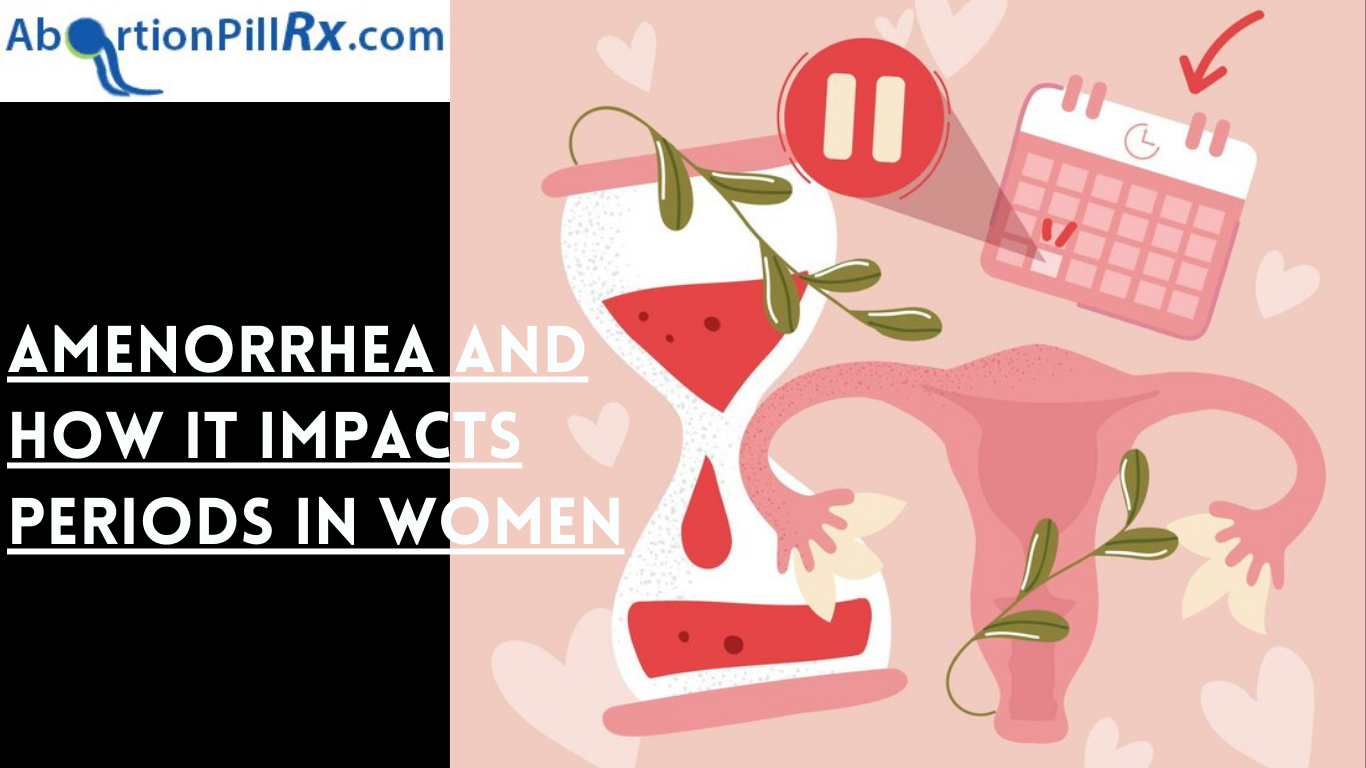Did your period stop suddenly and unexpectedly? You may be concerned, and that is normal. However, you are not pregnant. So, what is the cause of such a change? Is it stress or something more severe? We are here to provide facts about women’s health and the reasons for menstrual cycle disruption. In this blog, we will particularly focus on Amenorrhea, which is not always a serious issue yet is something that most people are unaware of.
Amenorrhea is a condition where a female does not get her period usually because of hormonal shifts. Now, such hormonal changes could be due to stress, premature menopause, weight loss, etc. The treatment includes identifying the root cause and managing it. While not a medical condition requiring immediate attention, it is related to gynecological health, whose well-being is paramount for any woman.
If you think pregnancy caused a stop in menstruation, you can always get a pregnancy test. You can test for it at home using a pregnancy kit, a hormone test for pregnancy hormones, or an ultrasound scan of the abdomen. But if the results come clean and your periods stop even when you have not conceived, we will explain how Amenorrhea could be behind it, other causes, and possible remedies.
Primary and Secondary Amenorrhea: What You Should Know
Amenorrhea is either primary or secondary. It is crucial to understand which of these are impacting you leading to abnormal periods or absence of menstruation altogether. Primary Amenorrhea is when a woman has not got her first period yet until 16 years of age. It Is mostly because of problems with the pituitary gland or brain. For instance, suppression of FSH and LH because of pituitary adenomas secreting prolactin.
Ovary function interruption because of chromosomal or genetic abnormalities such as Turner syndrome can also result in primary Amenorrhea. On the flip side, the secondary one occurs in women who have had a normal period cycle but suddenly stop menstruating without a warning sign. Changes in hormones and organs engaged in the menstrual process may give rise to primary Amenorrhea.
Secondary Amenorrhea, on the other hand, has several causes from stress, hormonal shifts, pregnancy, etc. It may bring symptoms such as hair loss, pelvic pain, headaches, a milky discharge from the nipples, acne, a significant increase in facial hair, and vision changes.
What Causes Amenorrhea, a Brief List
While women’s health may not be impacted much by Amenorrhea, it may be a sign of fertility issues, if not addressed, may lead to problems getting pregnant. Here are the possible causes:
· Lifestyle factors such as too much stress can delay periods or result in the absence of it. Stress can affect the hypothalamus function, a brain part that triggers and manages hormones involved in the proper menstrual cycle and its maintenance.
· An underweight person is more vulnerable to Amenorrhea than one with a normal weight. The risk may increase if you are more than ten percent underweight.
· Certain medications may result in abnormal periods or disturbed menstrual cycles. Some medicines are those for chemotherapy, birth control (devices, pills, and injections), allergy, high blood pressure treatment, and psychiatric disorders such as bipolar disorder, depression, etc.
· Intense workout or athletic training, which meddles with menstruation, or structural issues with the reproductive organs, such as scars in the uterus.
· If hormonal imbalance is because of a tumor on the pituitary gland, polycystic ovary syndrome (PCOS), premature menopause (when a female stops getting her periods earlier than age 50), thyroid issues such as hypothyroidism (underactive thyroid), or an overactive thyroid (hyperthyroidism).
To Conclude
As discussed, the women’s health treatment for Amenorrhea will depend on the underlying cause of it. There could be more than one treatment technique applicable. So, if you stop getting your periods not because you are pregnant, you should look for other reasons. Subjective management methods depending on the cause include maintenance of healthy weight for those underweight, thyroid medicines to treat thyroid-related issues, etc.Lifestyle changes for those with stress to feel calm, and hormonal supplements for those with hormonal imbalance. While abnormal periods or absence of menstruation may occur not only because of Amenorrhea, the latter is one of the common causes. Women may also experience other menstrual cycle issues such as painful or irregular periods, excessive bleeding, and more. The key to addressing these problems is solely knowing the reason behind them and treating them the same step-by-step.


